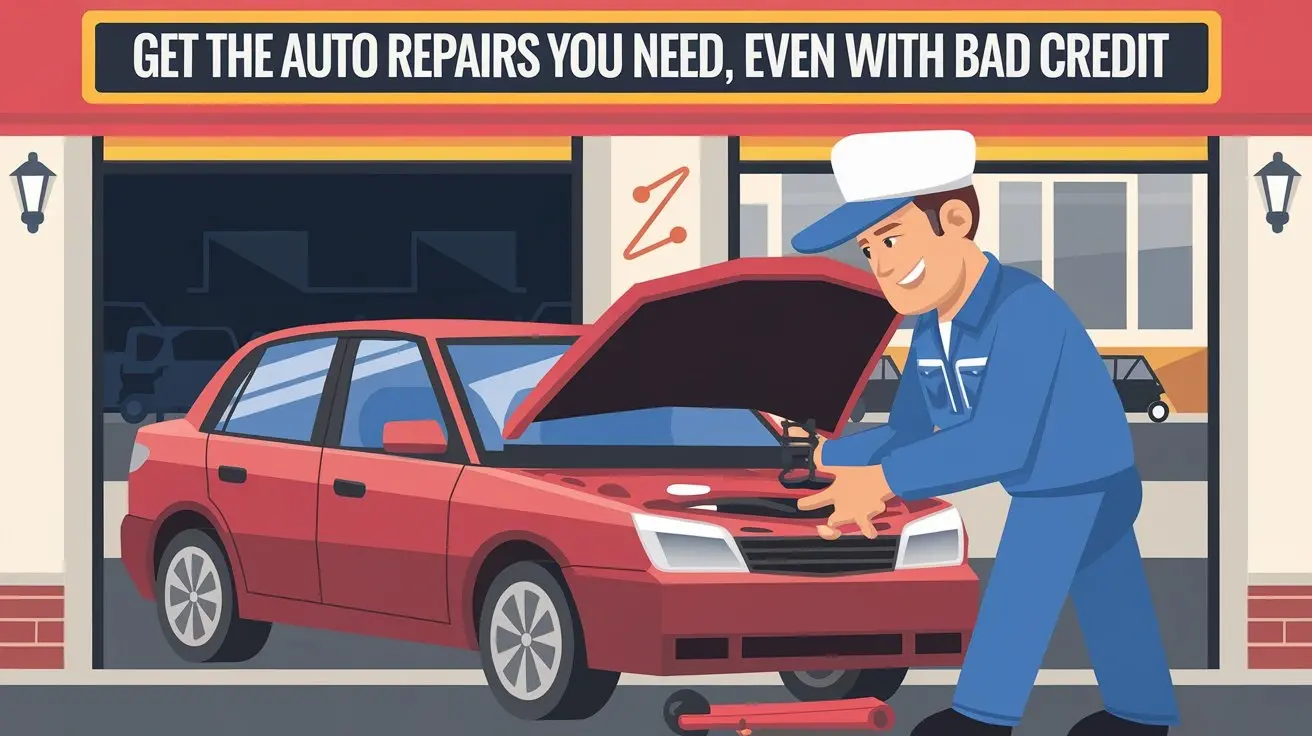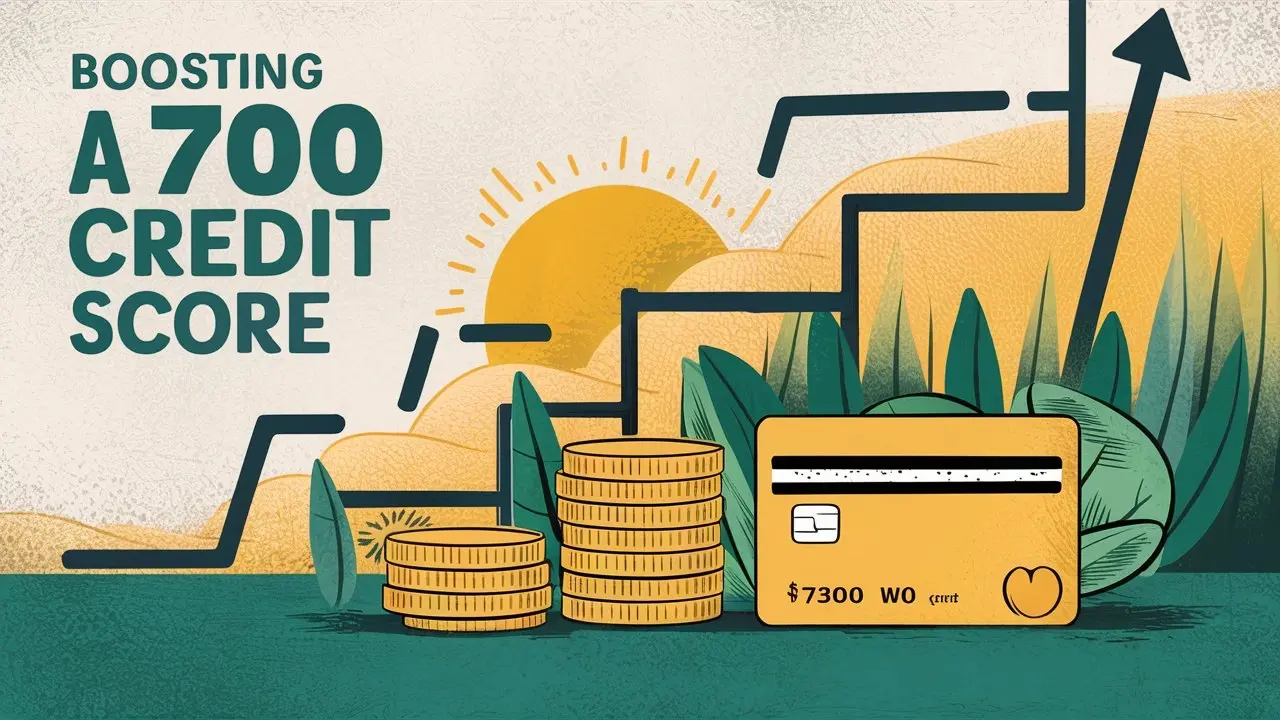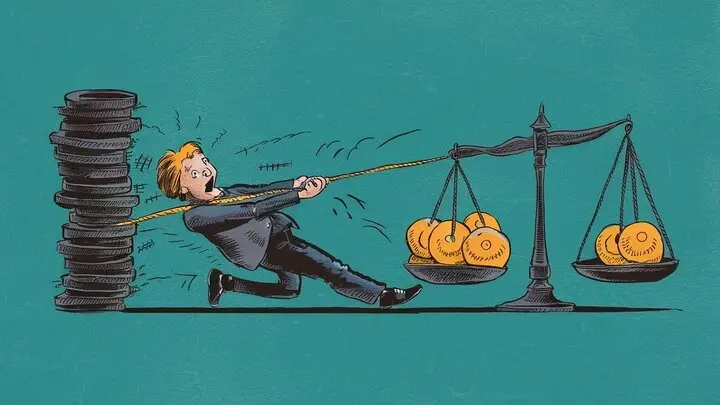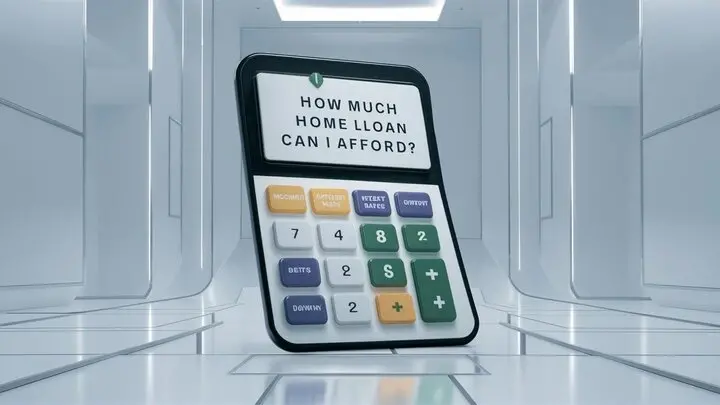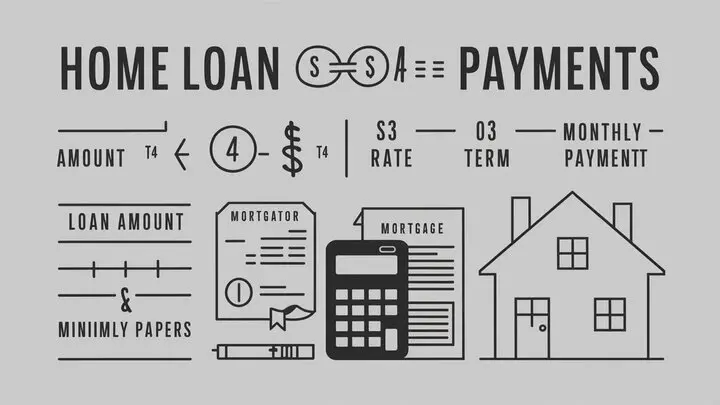
One of the most trying events in life is moving; if it happens before your lease expires, you can have to pay a large penalty. Although it won't show on your credit report immediately, breaking a lease might nevertheless harm your financial situation in several other respects. Before signing anything new, including a contract break, or making any hasty choices, be sure you educate yourself with all potential consequences so you avoid paying more than is required!
What Happens When You Break a Lease Early?
While early lease breaking may be difficult and expensive, your agreement should simplify the process. It probably shows what has to be done for a successful termination, including giving enough notice of leaving or paying two months' rent in addition to any relevant costs. Following these guidelines will not only meet the terms of your lease agreement but also assist prevent future consequences downstream.
Tenants who violate their lease without a stated penalty in the agreement run varying risks based on state legislation. With luck, landlords may only have to pay for one or two months' worth of rental payments; in other situations, they may be legally obliged to attempt and locate another renter to minimize any losses from rent owing.
How Breaking a Lease Can Hurt Your Credit?
If you ignore your debt commitments, breaking a lease might have major long-term financial effects. Ensuring all expenses are paid for or avoiding having an unpaid bill sent off to collections that might compromise future rental possibilities or credit score is crucial when departing early. Paying the remaining payment on any current leases before moving can help you prevent this result!
Ignoring your rent payment deadlines might have major negative effects on your credit. debt collection agencies may be called in and submit overdue accounts to the main bureaus when landlord payments are not completed; this might lower a person's score over the next seven years.
Reviewing your lease agreement for terms and conditions may help you guard yourself against unanticipated late payments and collections before leaving. Keep documents to show that you have paid off all of your bills with the landlord along the road; this will help you to walk away with confidence knowing that everything is in order when departure time arrives.
How to prevent a broken lease from hurting your credit?
Ignoring debt may be an expensive error; not only will it affect your pocket right now, but those unpaid debts might show up on your credit record for up to seven years! Early on aggressive action is the key to preventing harm that could follow you. Don't wait; start managing your money right now and keep negative points off of your record!
Ma offers some wise advice to assist you avoid terminating your lease in a bad position. When the time comes, make sure you give her advice top priority so you will remain firmly rooted!
Tips for renters
Clear all fees when you are ready to leave your rented house. Here are some useful ideas covering the expenses to guarantee everything is taken care of before the big day!
- Review your lease agreement before you act: Tenants in New York City are all too familiar with the heavy financial repercussions that breaking a lease may bring; if the terms of an agreement are not quite clear-cut, it might entail paying two months' rent. Confirming your rental conditions is thus rather important; otherwise, you can find yourself staring at a much higher cost than planned!
- Speak with your rent: If the coronavirus epidemic has negatively impacted you and you are thinking of breaking your lease, make sure you investigate any costs involved in this choice. Talk about it with your landlord; they could already have specific policies in place for renters experiencing financial difficulties brought on by COVID-19. Tell them straight up about job or income losses since then; it may make all the difference!
- Should you and your landlord arrive at a new agreement, be careful to document it. Recording the agreement in writing and verifying it with an email can help to ensure everyone comprehends what was covered. In this sense, there won't be any misunderstandings or misinterpretations when handling significant issues.
Why do you want to maintain a good credit score?
If you want to be able to access financial services such as loans and mortgages, you must have a decent credit score. When you apply for credit cards, it also helps you get reduced fees and improved interest rates. To save money and have access to the greatest financial products, therefore, keeping a strong credit score is crucial.
Your payment history, debt level, duration of credit history, and other elements all help to define your credit score. Two of the most crucial things you can do to retain a decent credit score are timely bill payment and low debt level maintenance. Furthermore, you should routinely review your credit report so that any mistakes or fraudulent behavior may be found quickly and handled correctly.
Keeping Your Good Credit After You Break a Lease
Lease breaking doesn't have to ruin your credit as long as you follow the correct procedures. Review and grasp all of the provisions of your lease agreement first so you have time to act. Always pay anything you owe before leaving a rental property; contact your landlord ahead of breaking it so they know what is occurring. Keeping track of any possible problems resulting from past activities depends on Checking up on your credit score after several months; if anything comes up later, having records guarantees you can quickly contest mistakes! Consider establishing free credit monitoring to be safe and free from worries as it will notify you whenever any problems arise.
Call on (888) 803-7889 to know more about your credit score now!
Resources
Secured vs. unsecured credit cards
Boost Your Financial Health: All About the 590 Credit Score
Demystifying Subsidized vs. Unsubsidized Loans: Know the Key Differences
